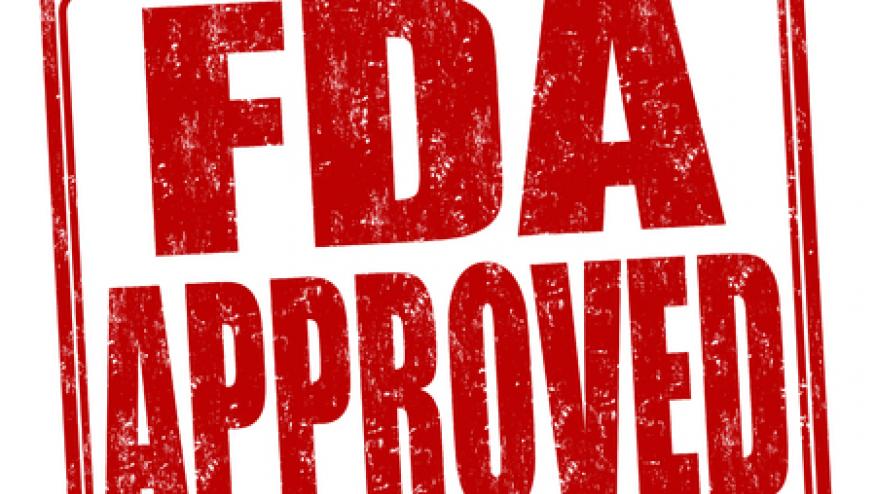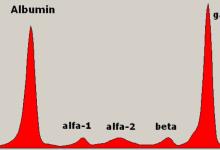FDA Approves Obinutuzumab for Active Lupus Nephritis Save

The FDA has approved obinutuzumab (Gazyva) for the treatment of lupus nephritis. This is good news for the more than 1.7 million people worldwide with lupus nephritis.
Obinutuzumab (OBIN) is the only anti-CD20 monoclonal antibody to successfully demonstrate a complete renal response benefit in lupus nephritis in a randomized Phase III study.
This approval is based on positive results from the Phase II NOBILITY and Phase III REGENCY studies. In REGENCY, OBIN (along with standard of care therapy) achieved a complete renal response (CRR) in 46% compared to 33.1% on standard therapy alone. Secondary end points also favored obinutuzumab, including CRR with a prednisone dose less than or equal to 7.5 mg/day (43% vs 31%) and a urinary protein-to-creatinine ratio less than 0.8 without rescue therapy (56% vs 42%). OBIN responses were associated with improvements in complement levels anti-dsDNA titers, corticosteroid use, and proteinuria.
FDA previously granted OBIN Breakthrough Therapy Designation in 2019.
OBIN is currently approved in 100 countries for various types of hematological cancers and in the USA is FDA approved for use in chronic lymphocytic leukemia (CLL) nnd follicular lymphoma (FL). The drug was developed as a collaboration between Genentech and Biogen.
OBIN is currently being studied in SLE, lupus nephritis, membranous nephropathy, and idiopathic nephrotic syndrome. The European Medicines Agency’s Committee for Medicinal Products for Human Use (CHMP) recently issued a positive opinion recommending the approval of Gazyva for adults with active lupus nephritis, with a final decision from the European Commission expected in the near future.
OBIN is a humanized monoclonal antibody against CD20 (found on mature B cells). Data suggests that Gazyva sufficiently depletes B cells, thereby downregulating humoral activity in SLE and hopefully limiting further damage to the kidneys and organs affected.
- Indication: active lupus nephritis (LN) who are receiving standard therapy.
- Dose/Use: Premedicate for infusion-related reactions (glucocorticoid, acetaminophen, and anti-histamine);
- OBIN dosage for active lupus nephritis is 1,000 mg at the initial infusion, on Week 2, 24, 26, and every 6 months thereafter.
- BOXED WARNING: for Hepatitis B Virus reactivation (with some cases of fulminant hepatitis, hepatic failure, and death) and Progressive Multifocal Leukoencephalopathy (PML) resulting in death.
- Warnings: include:
- Infusion-Related Reactions
- Hypersensitivity Reactions Including Serum Sickness
- Tumor Lysis Syndrome: mainly seen in CLL and FL patients
- Serious, Including Fatal, Infections: Do not administer OBIN to patients with an active infection
- Neutropenia
- Thrombocytopenia
- Disseminated Intravascular Coagulation
- Immunization: Avoid live virus vaccines
- Embryo-Fetal Toxicity: Avoid pregnancy; Can cause fetal harm.
- Adverse evens in Lupus Nephritis: upper respiratory tract infection, COVID-19, urinary tract infection, bronchitis, pneumonia, infusion-related reactions, and neutropenia.
- Administration
- Administer as an intravenous infusion only
- Do not administer as an intravenous push or bolus
- Do not mix OBIN with other drugs
- OBIN is indicated for adults with active LN receiving standard therapy and offers a more convenient administration schedule than many existing options. The recommended regimen includes four initial doses in the first year, followed by infusions administered twice annually thereafter. Additionally, the label allows eligible patients to receive subsequent infusions over 90 minutes following the first dose, improving infusion-center efficiency and patient convenience.
- Careful patient monitoring is essential - looking for Infusion-related reactions, infection risk, and B-cell depletion










If you are a health practitioner, you may Login/Register to comment.
Due to the nature of these comment forums, only health practitioners are allowed to comment at this time.